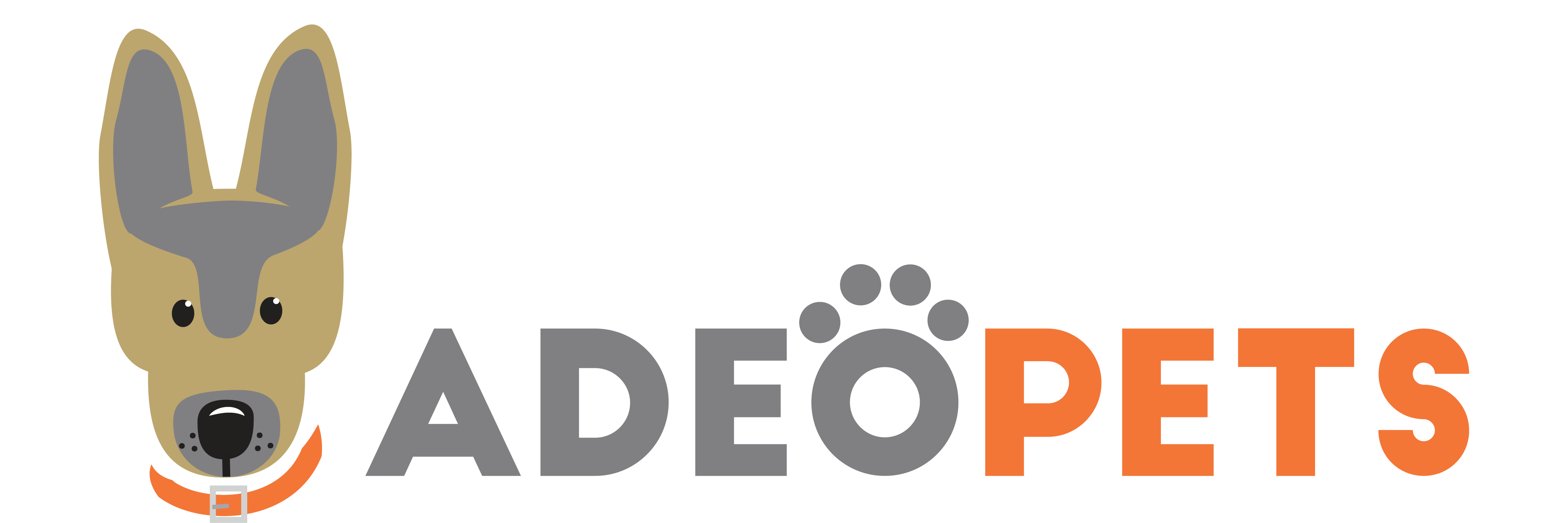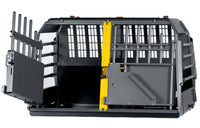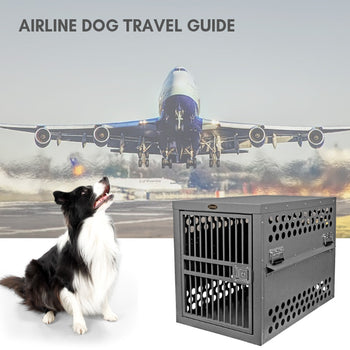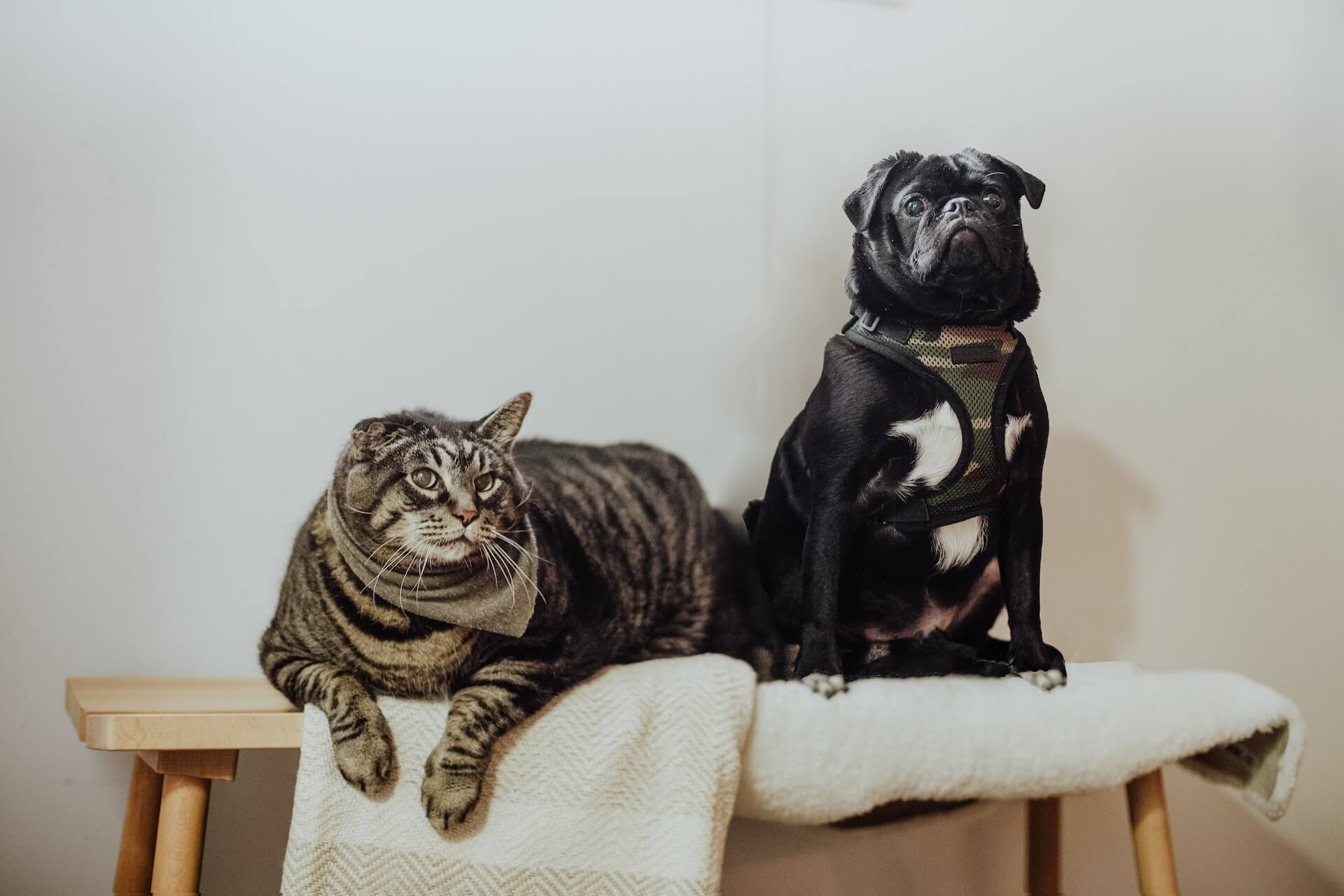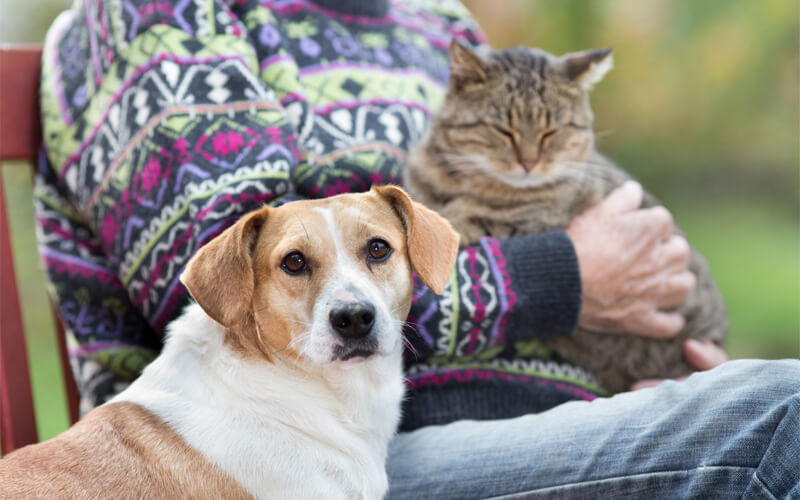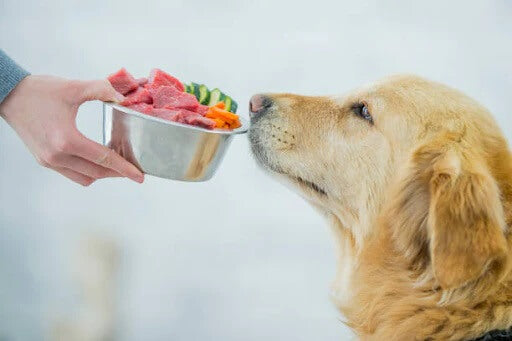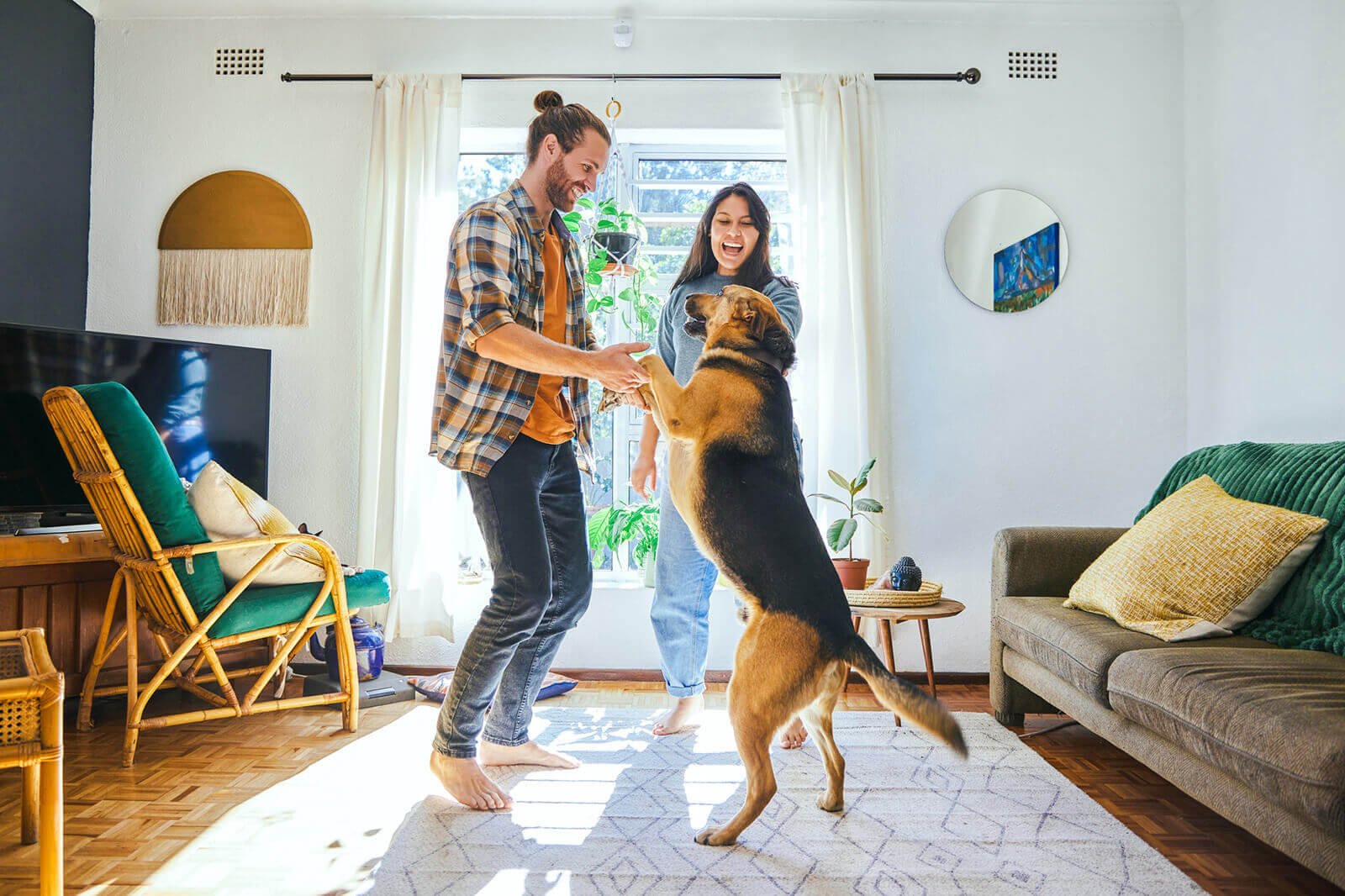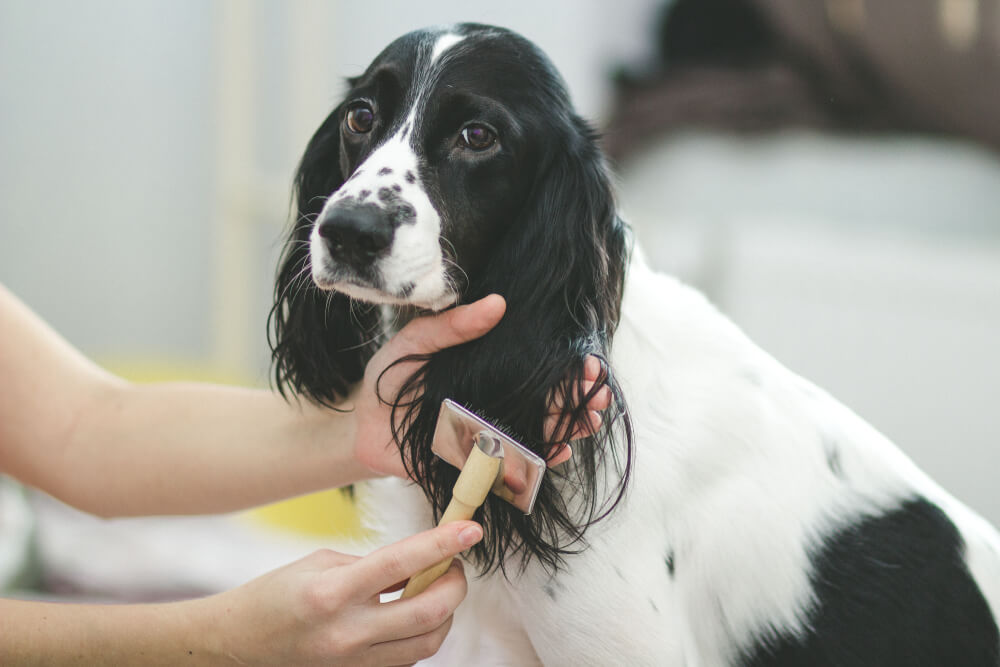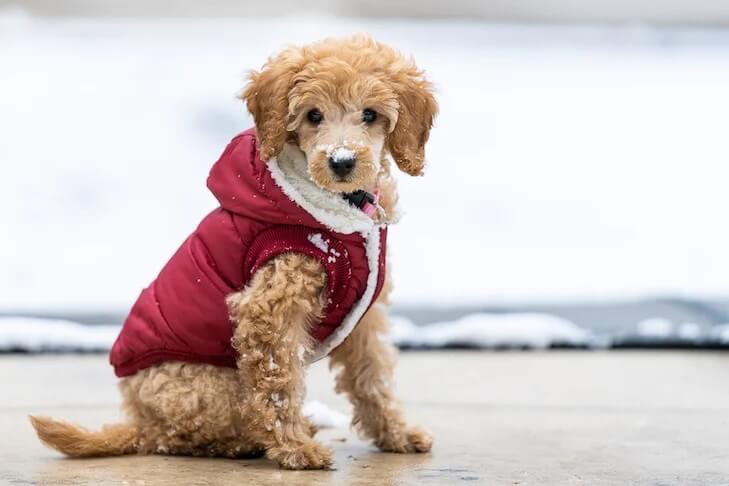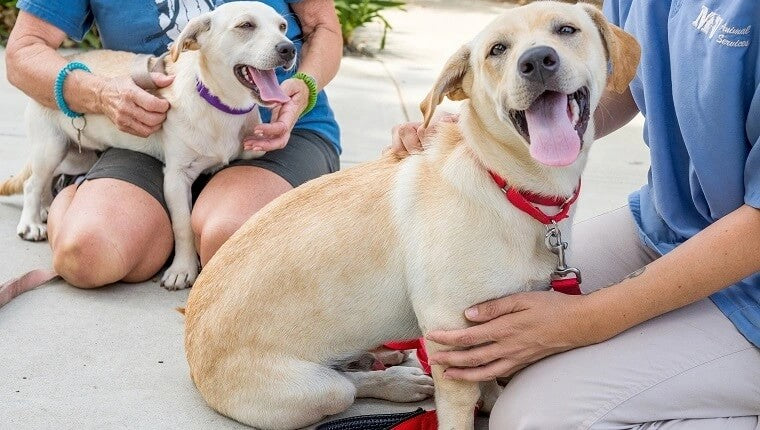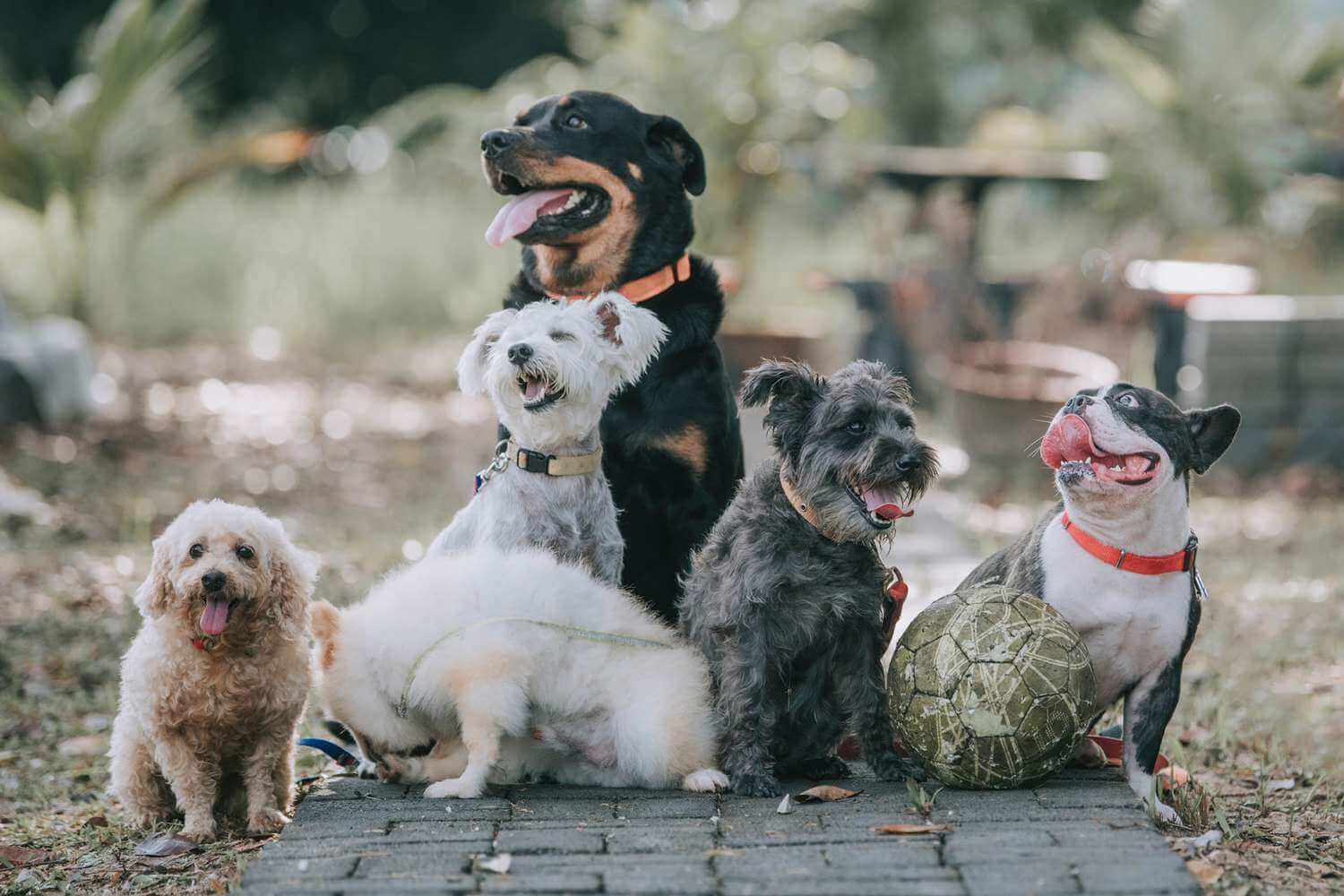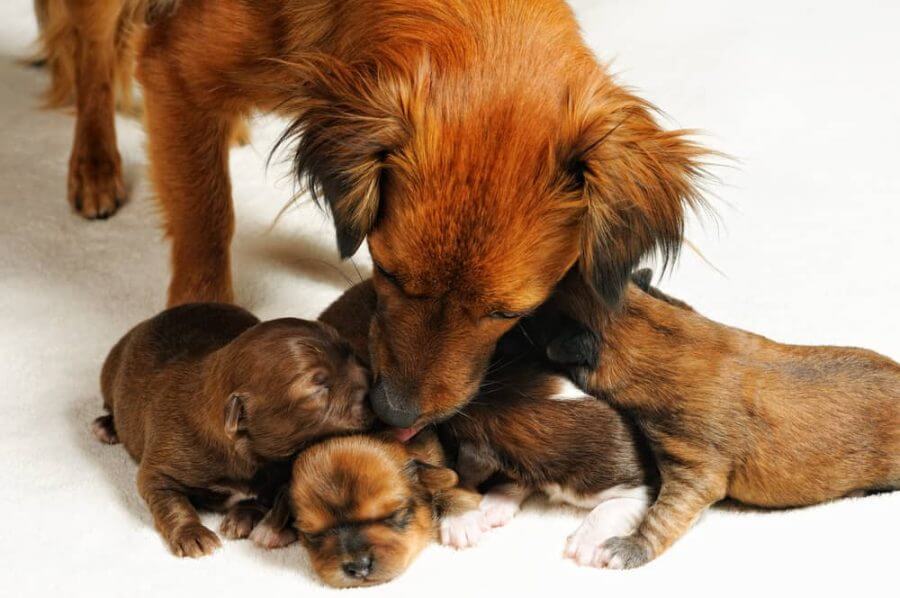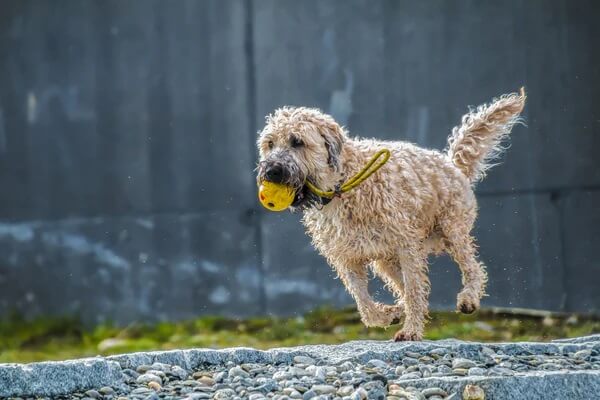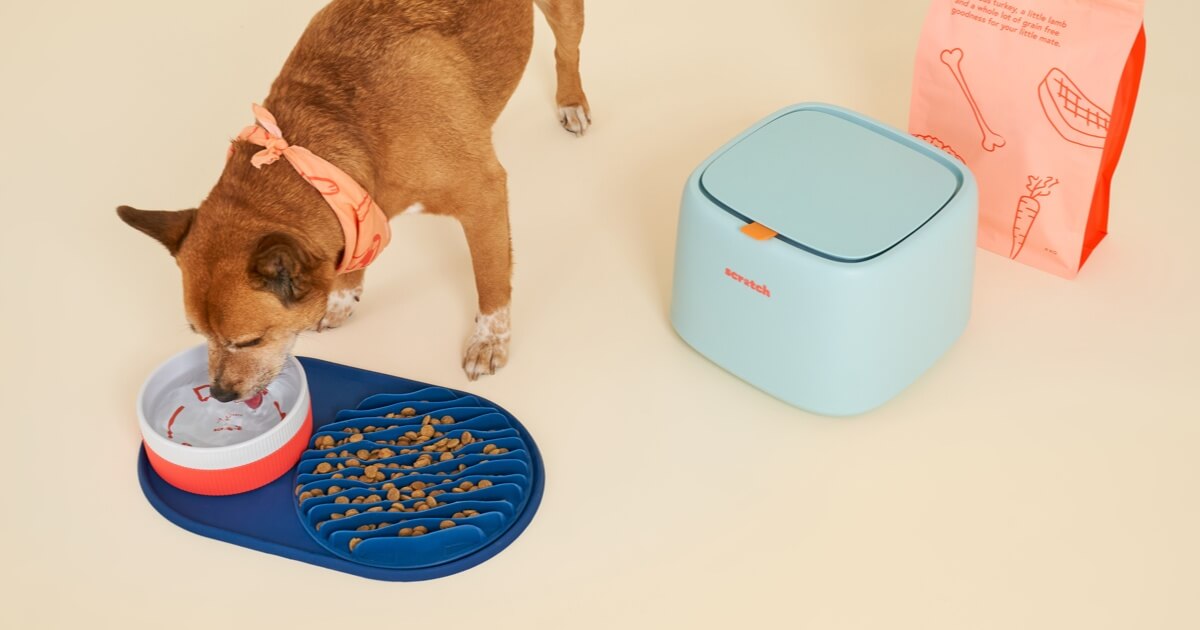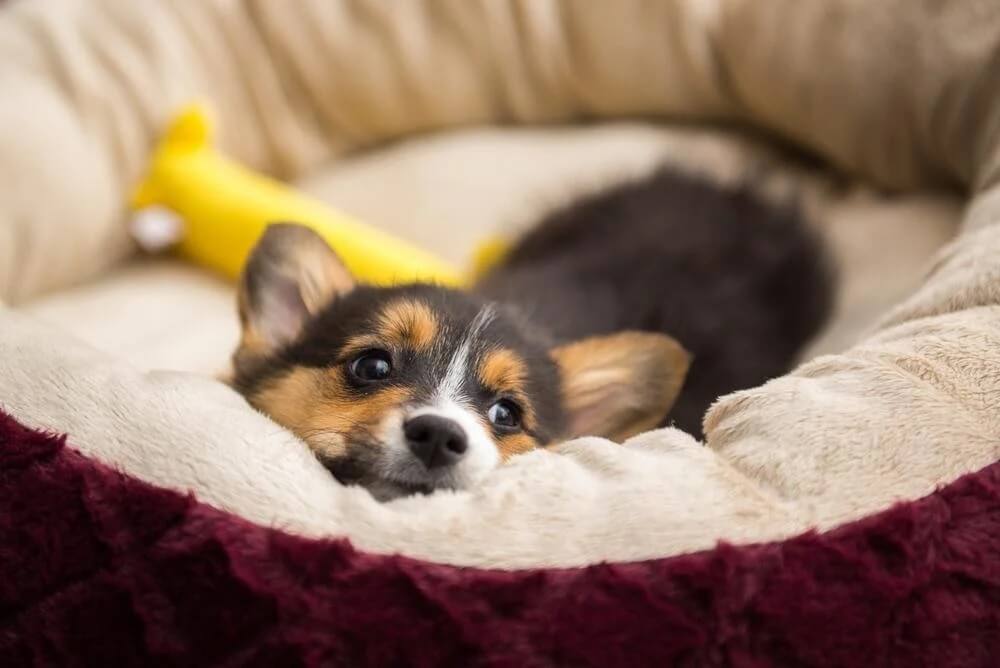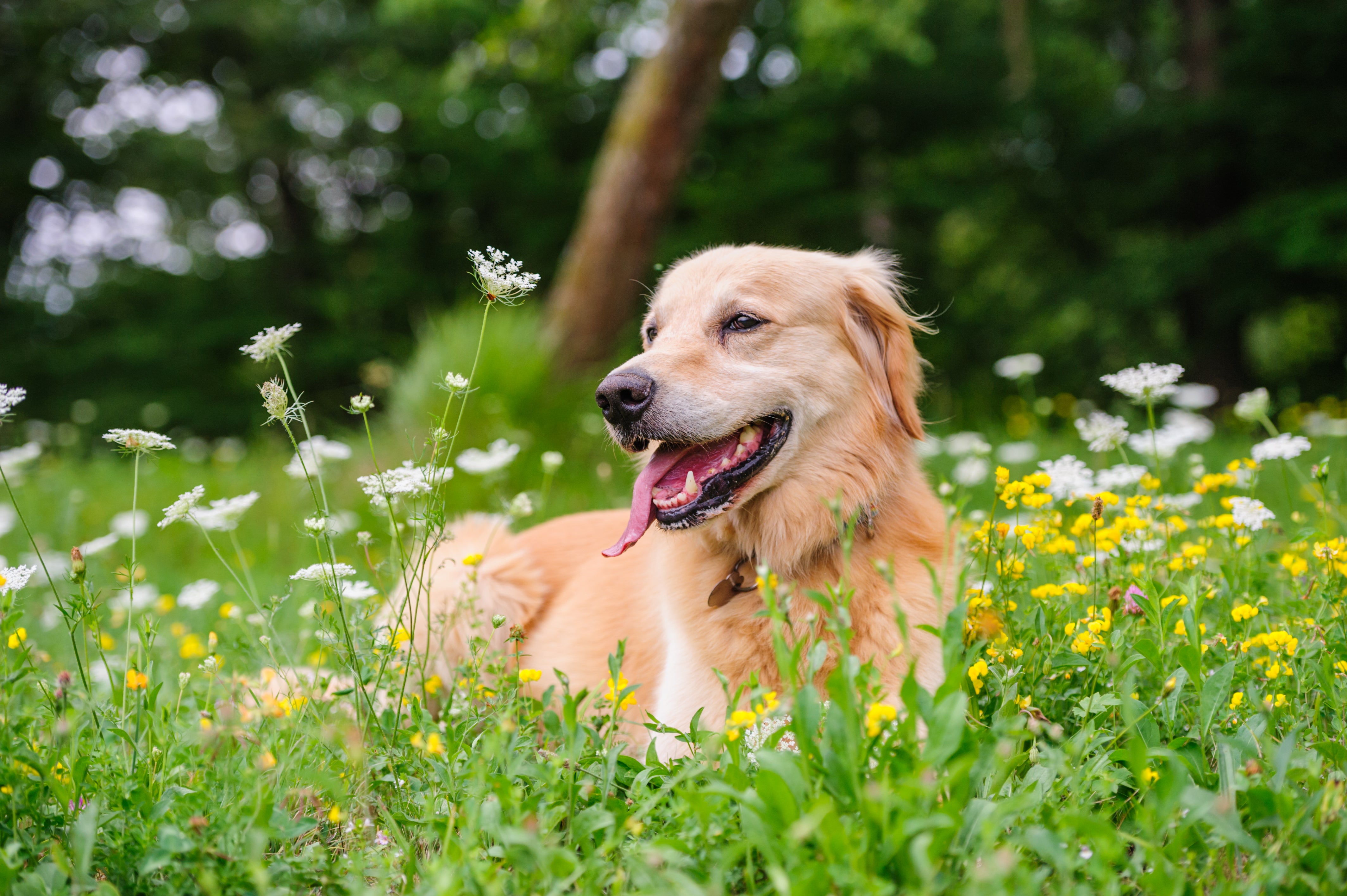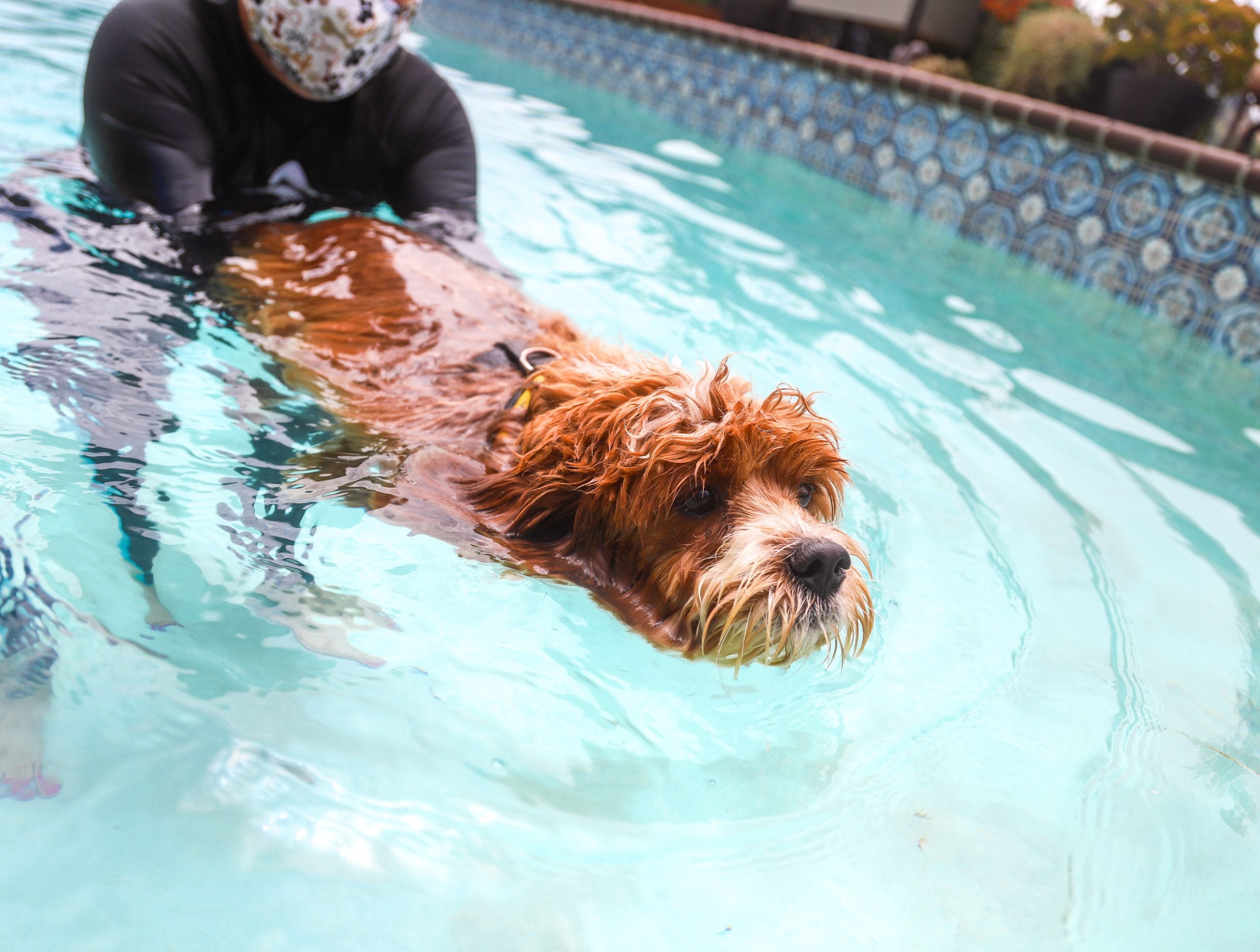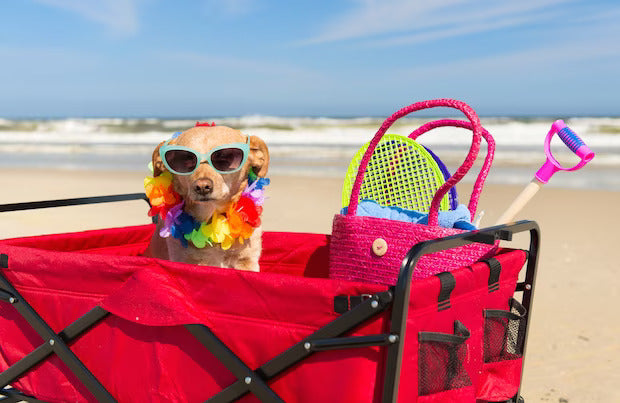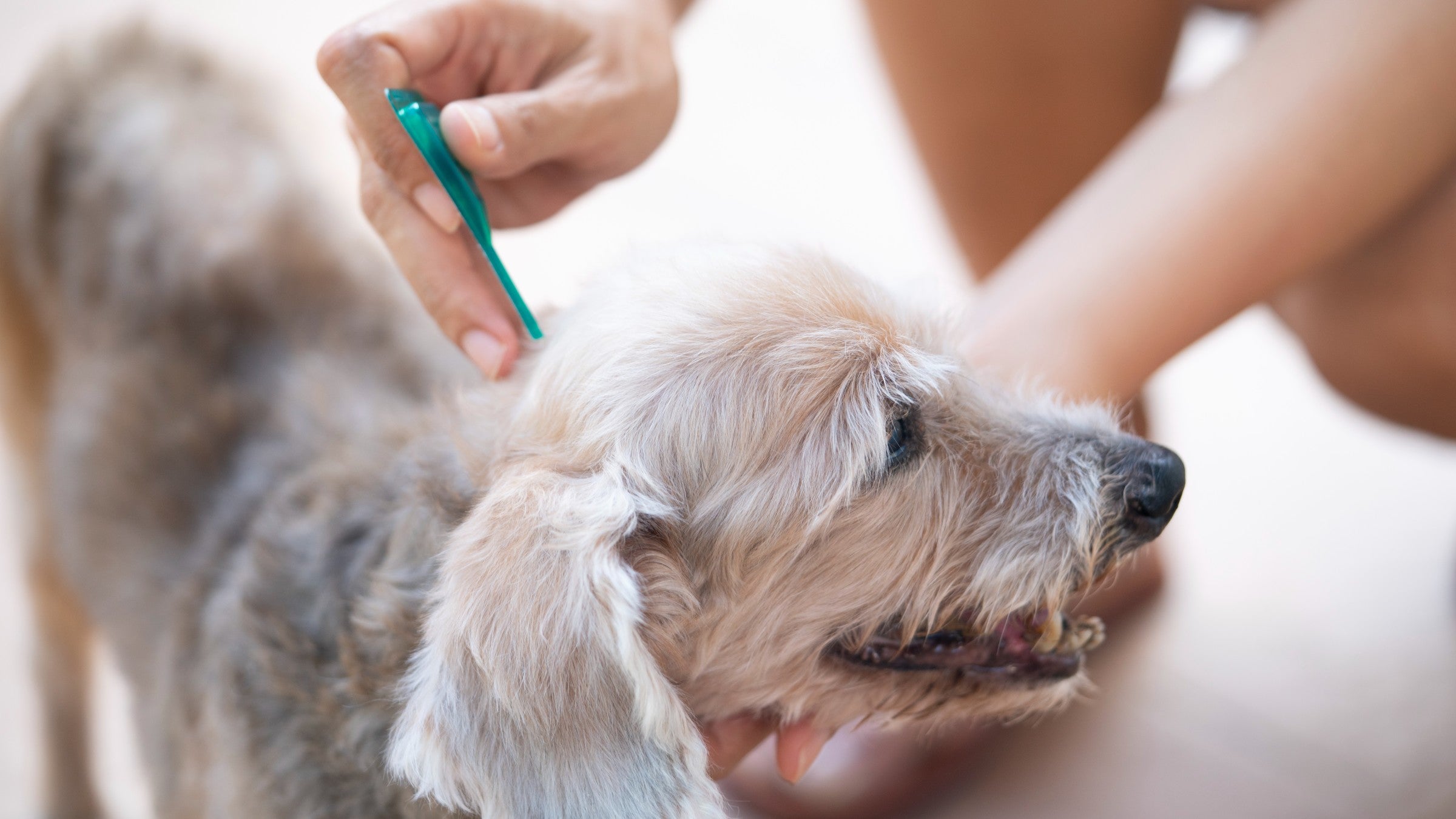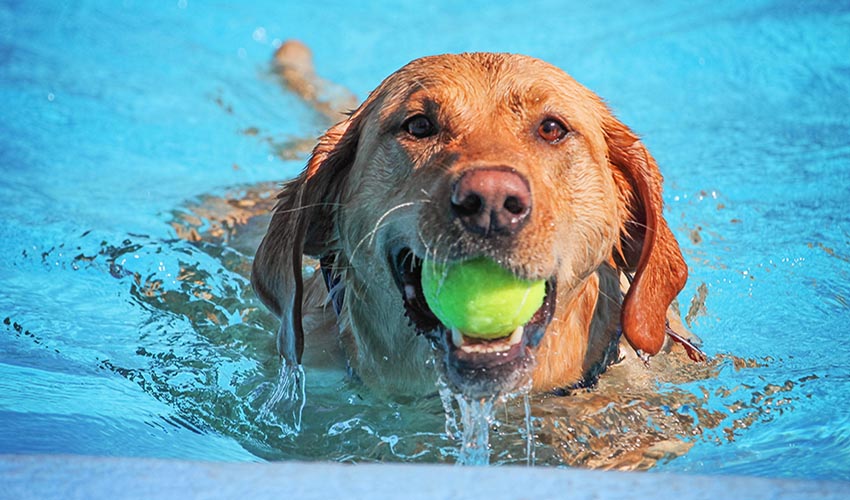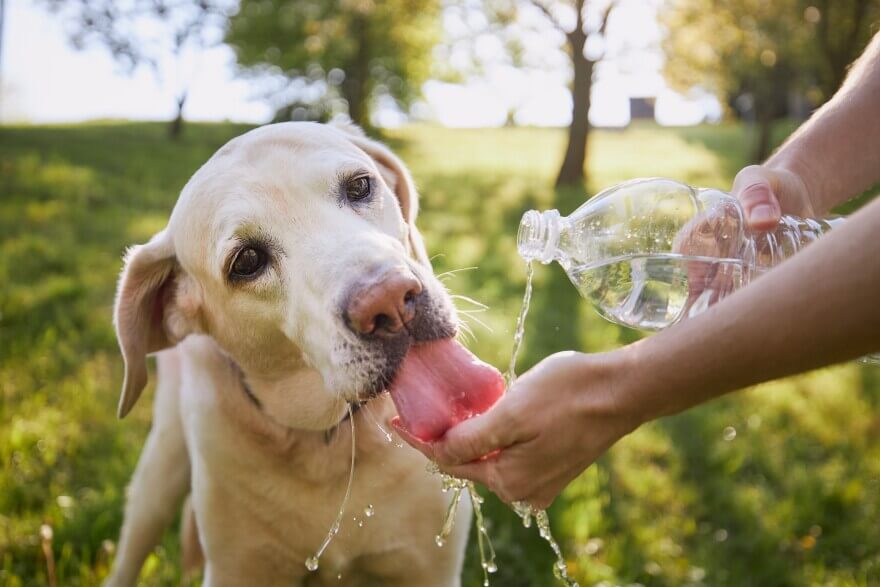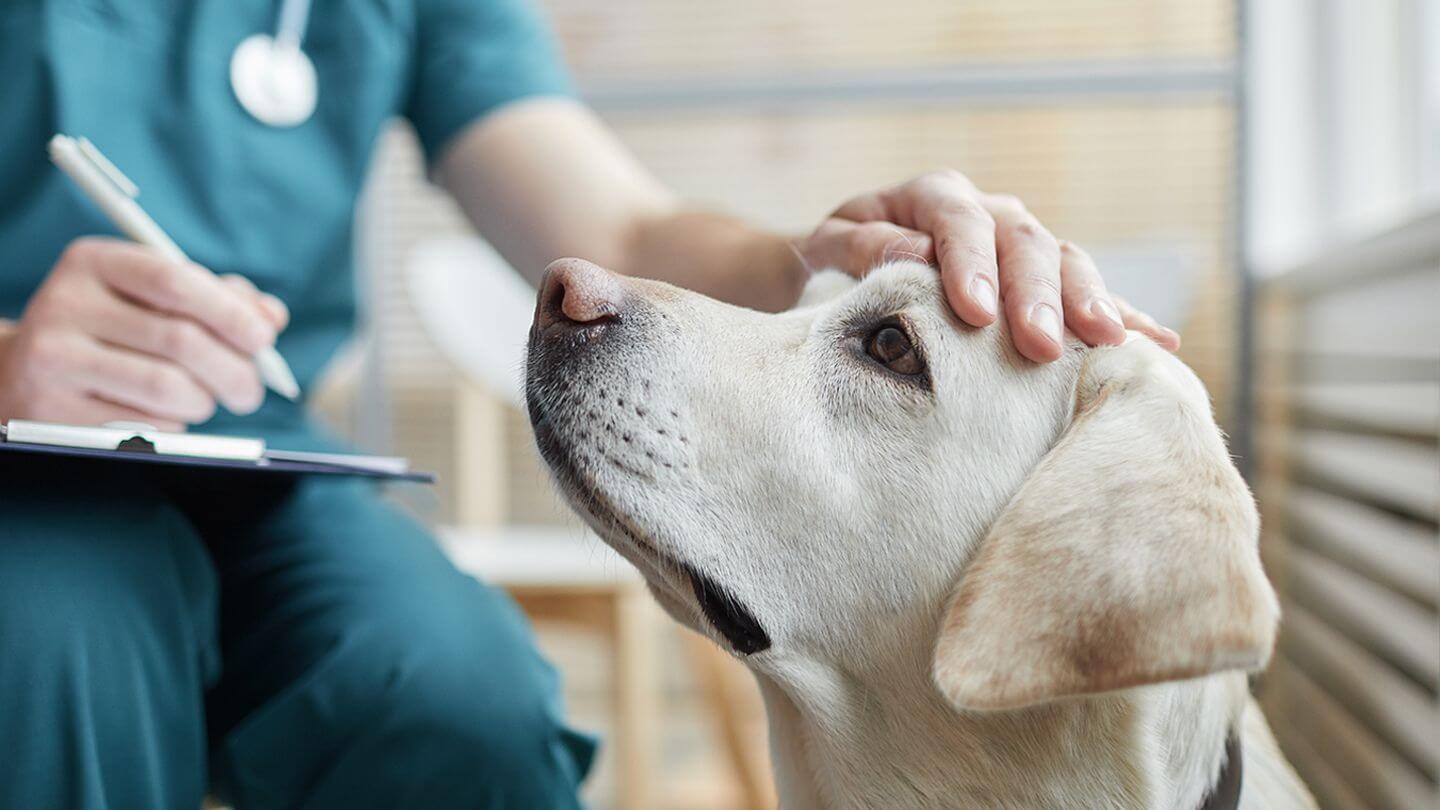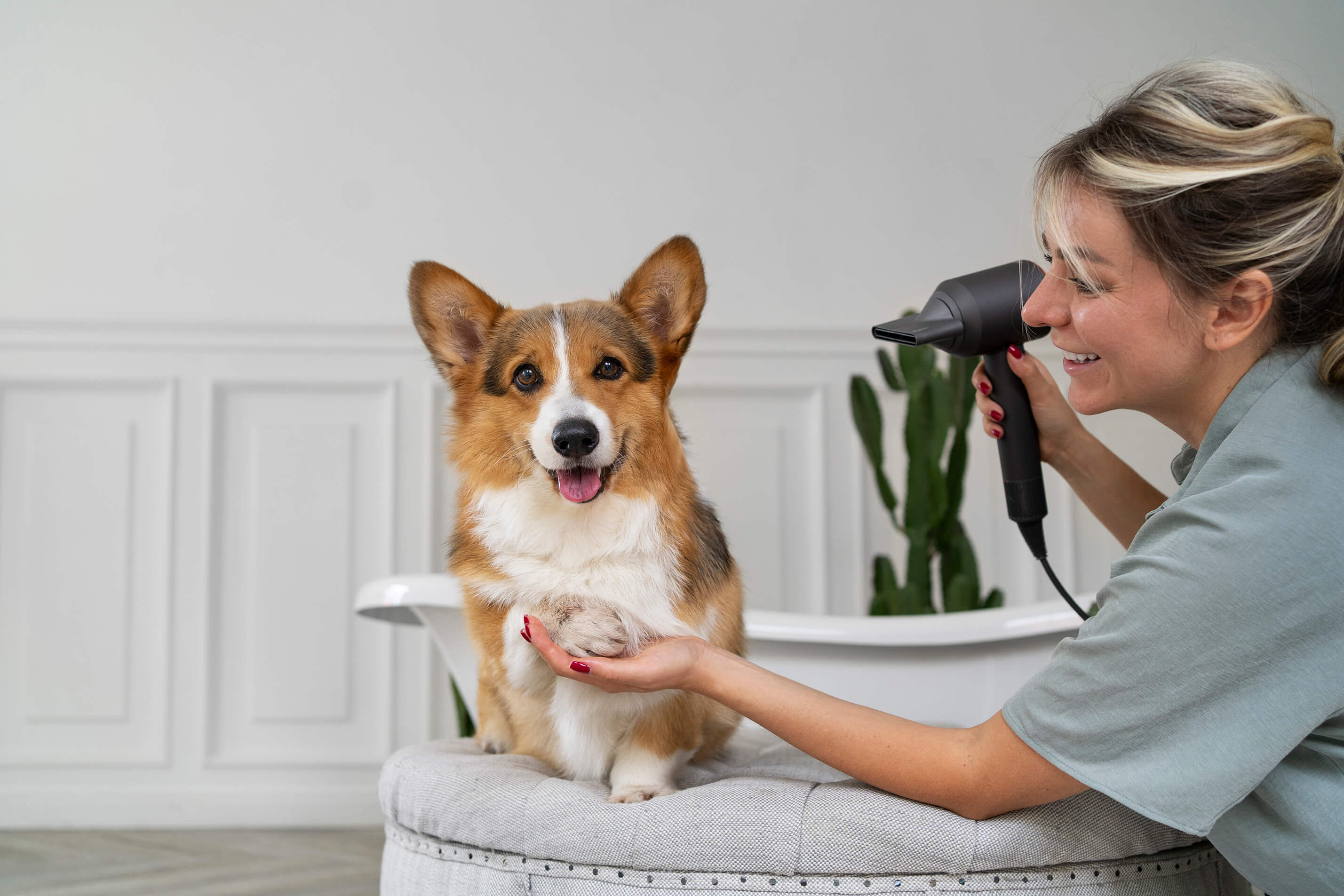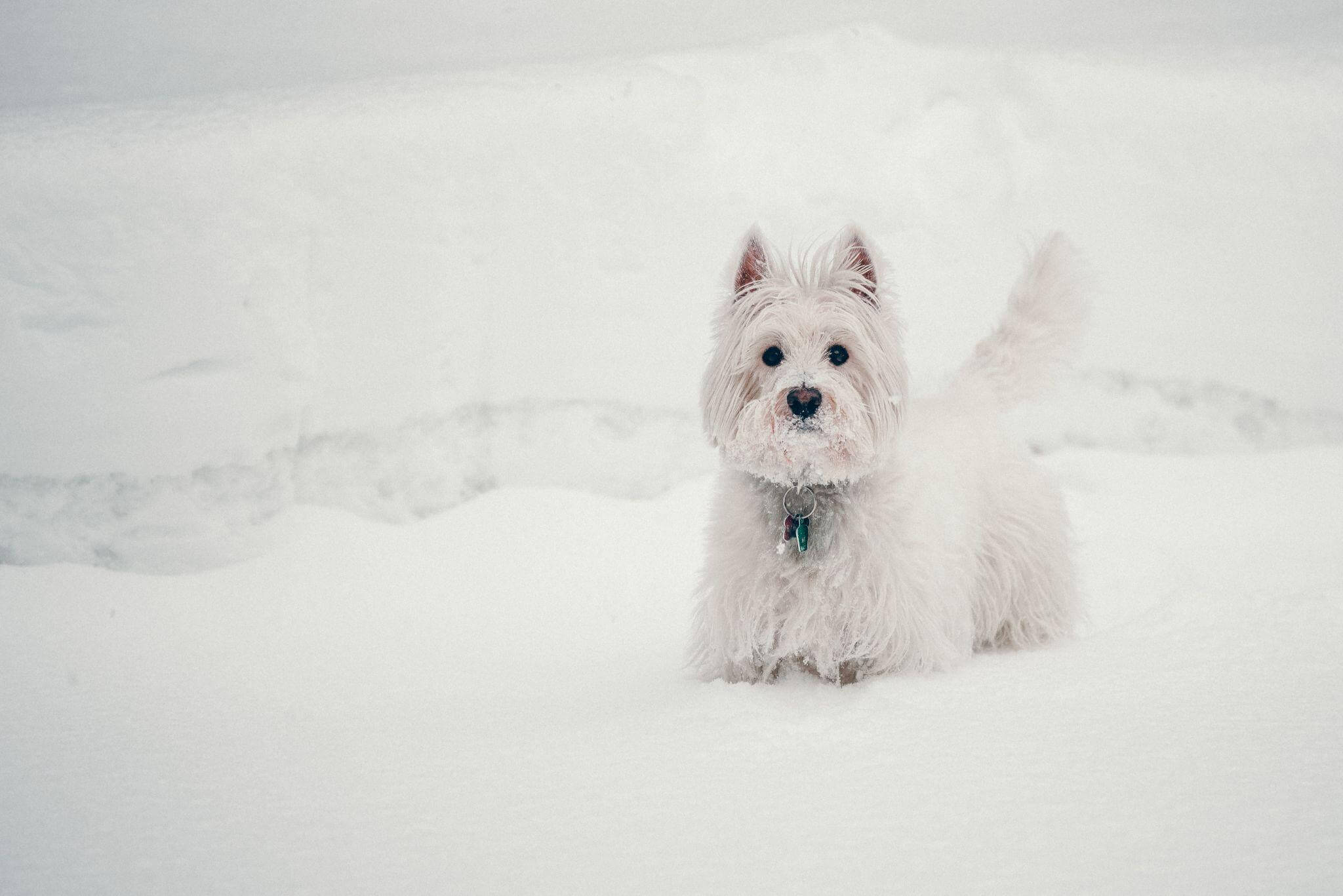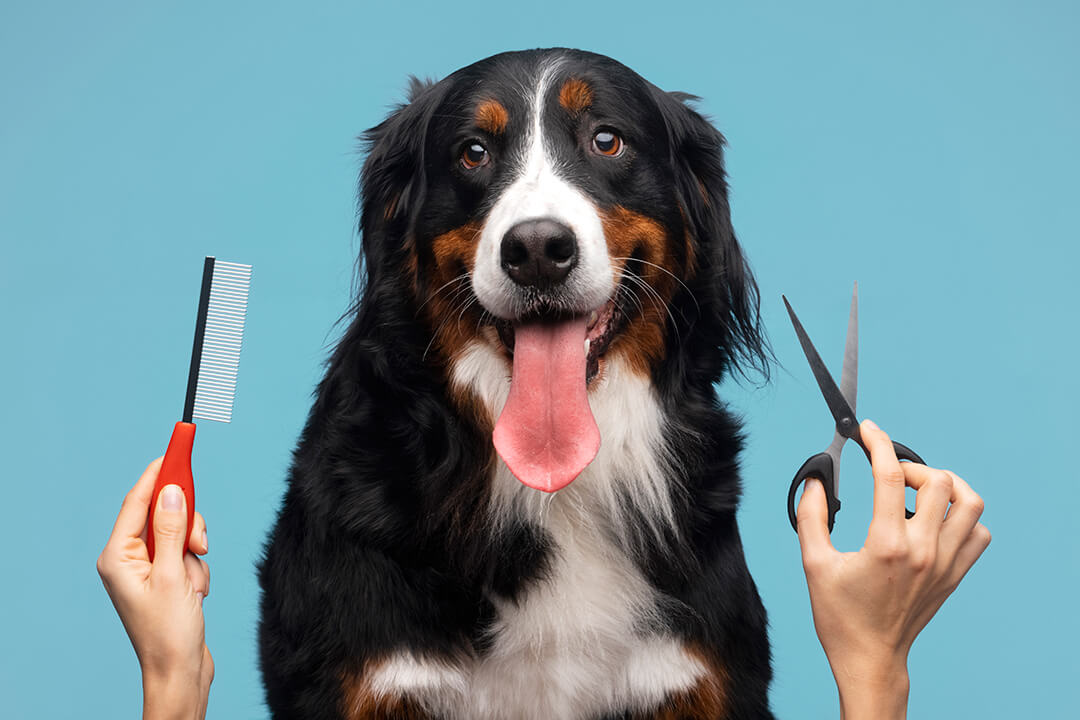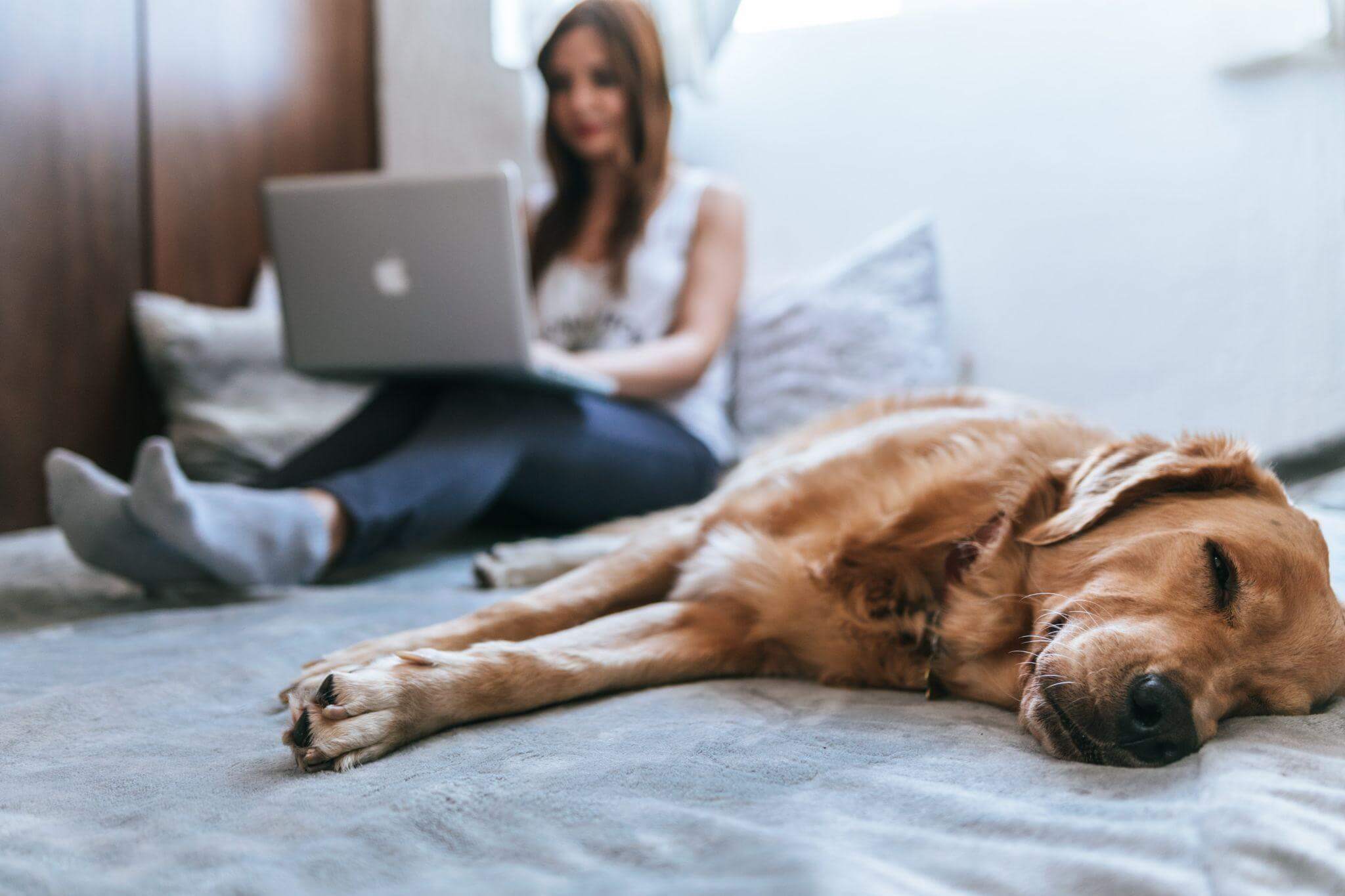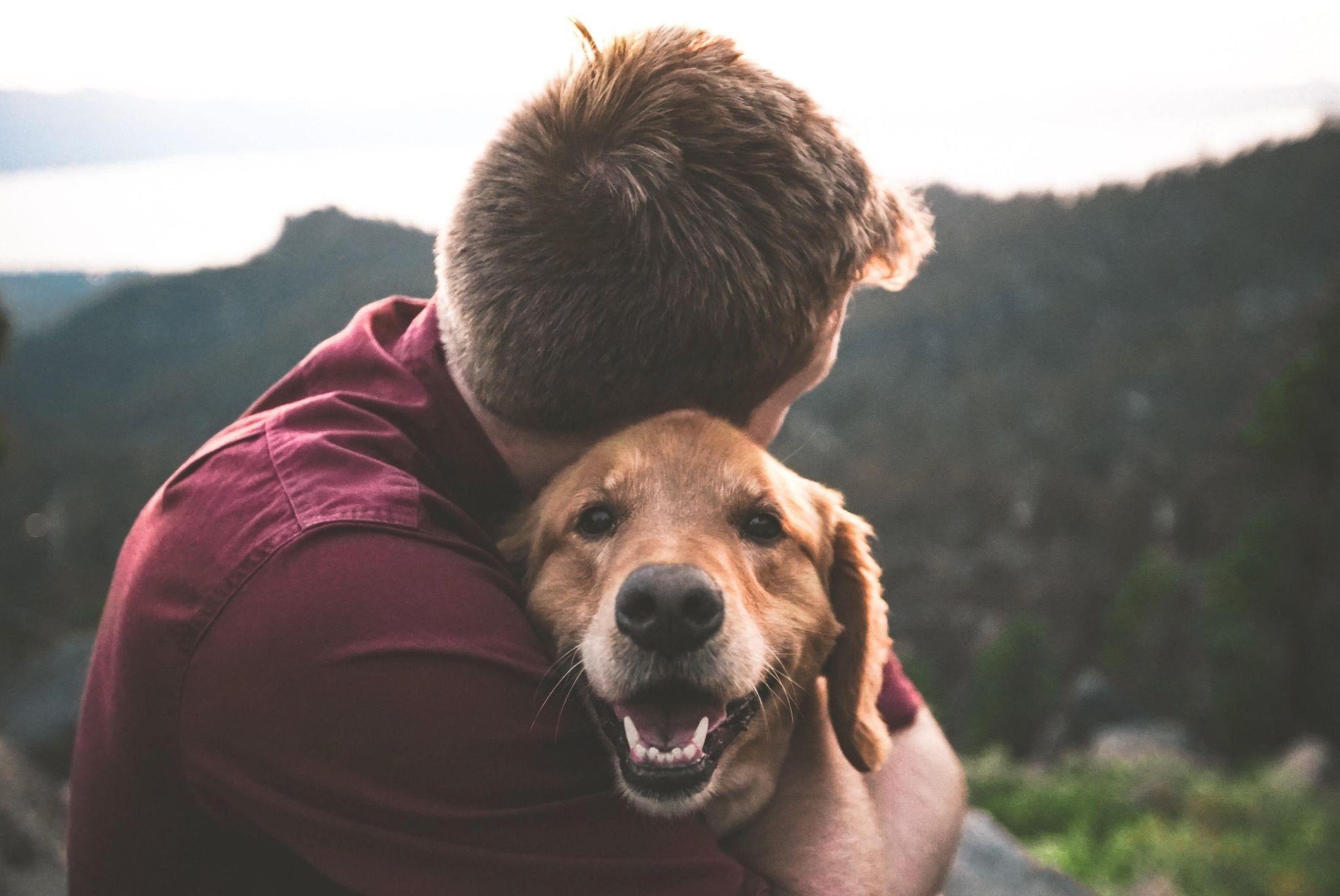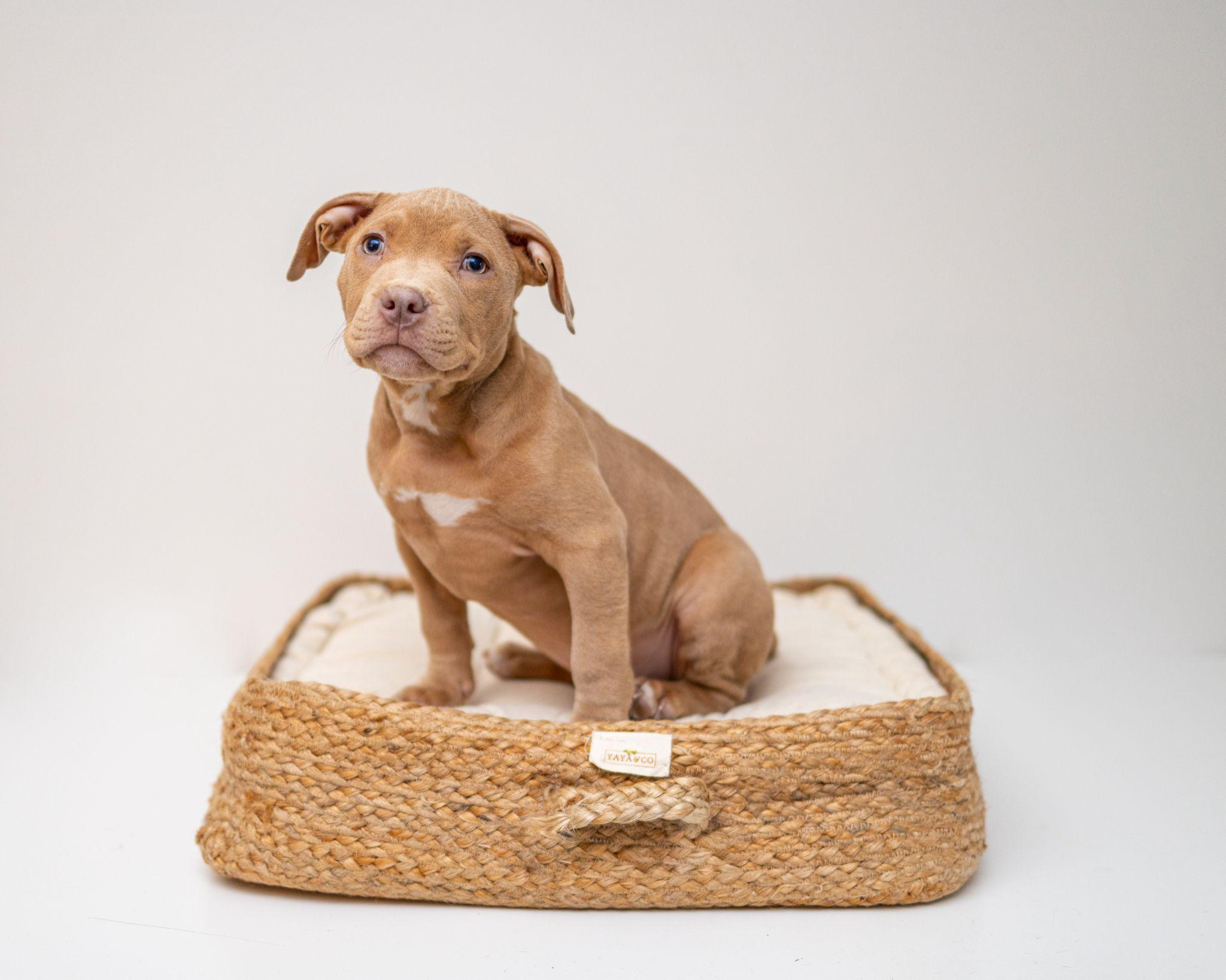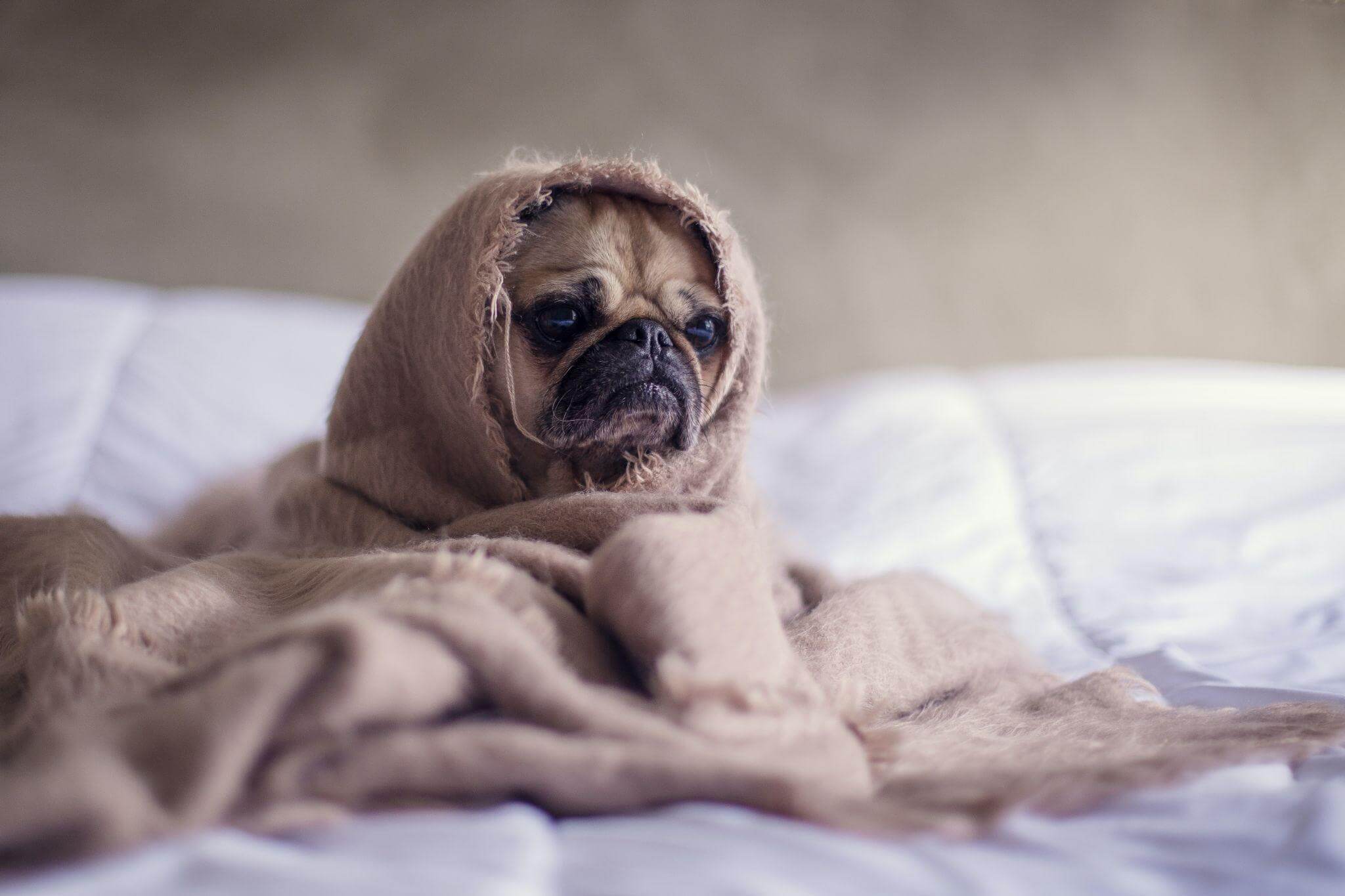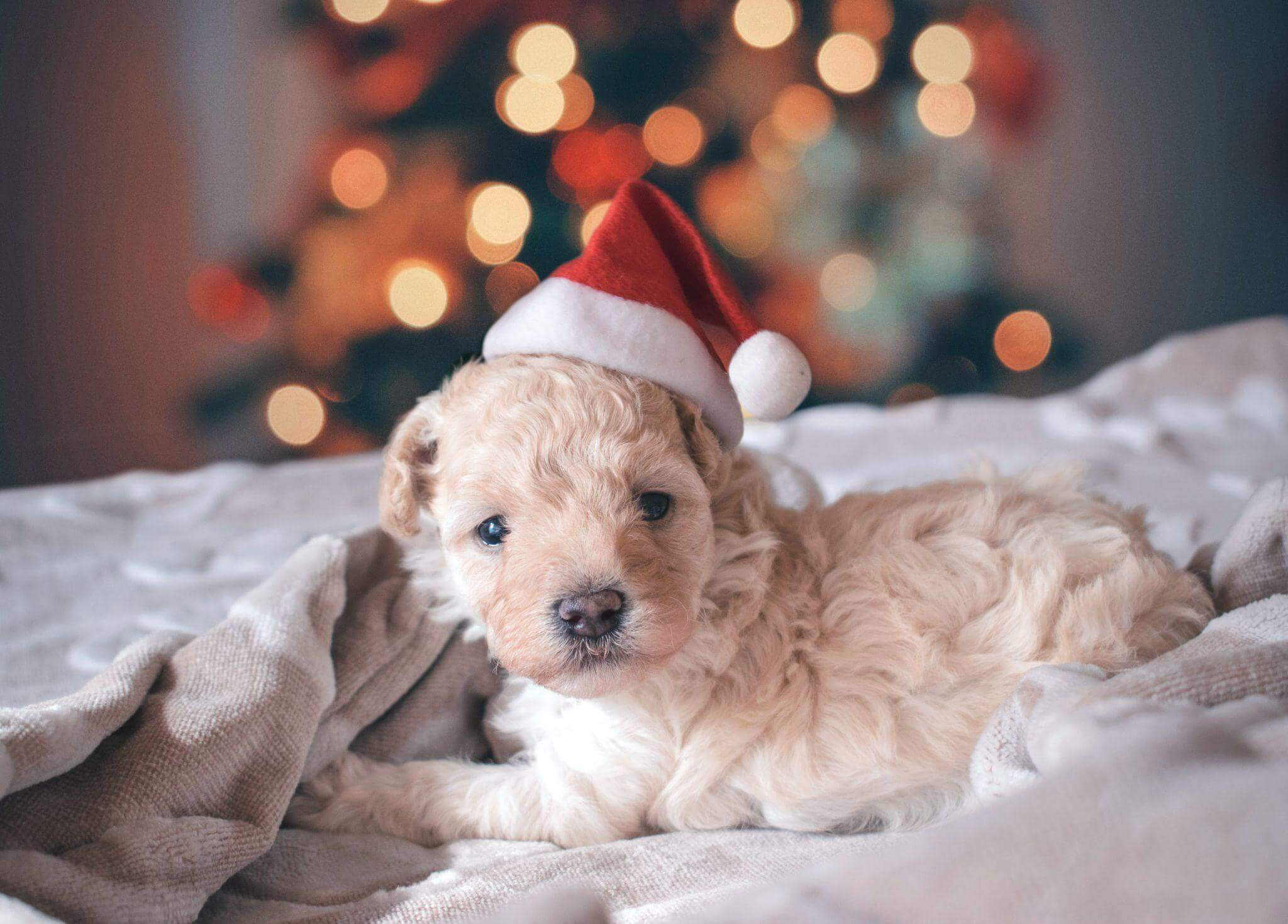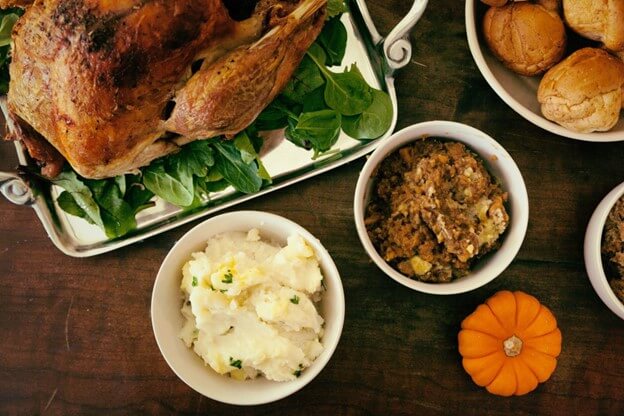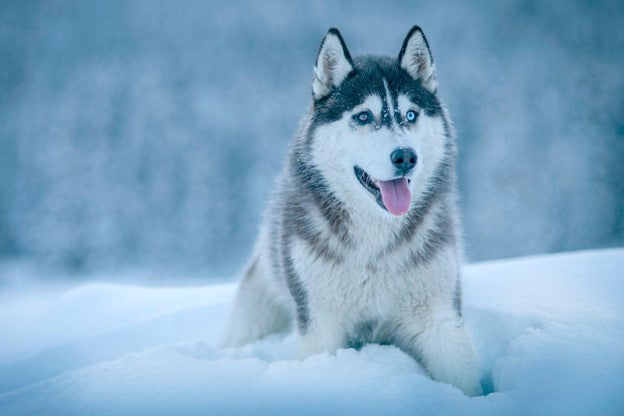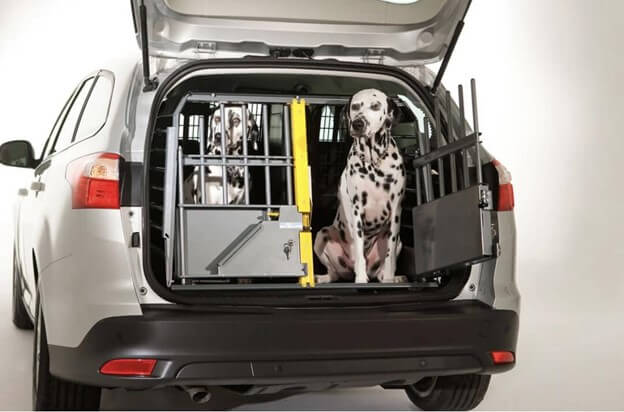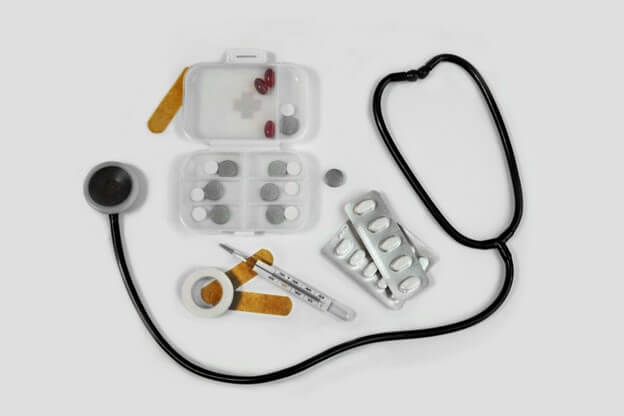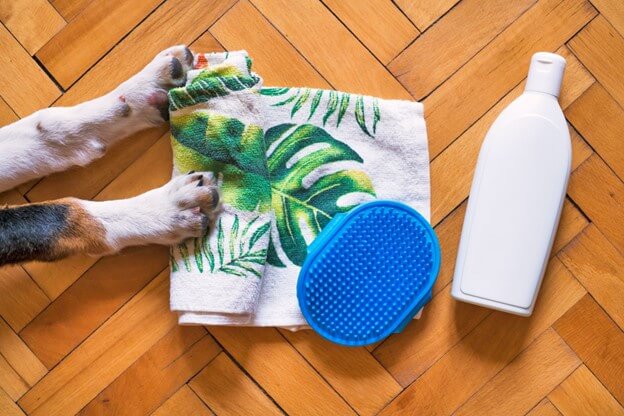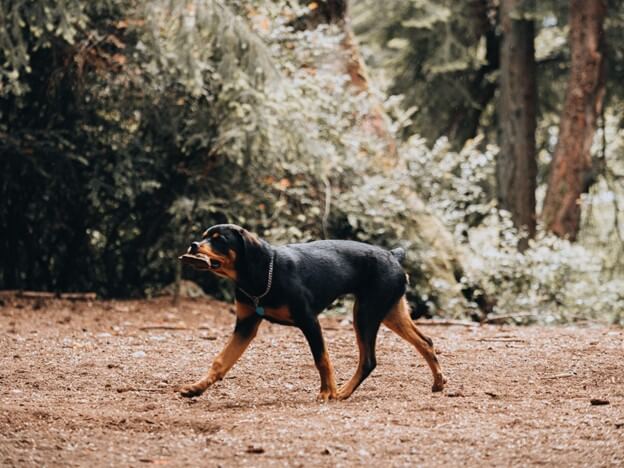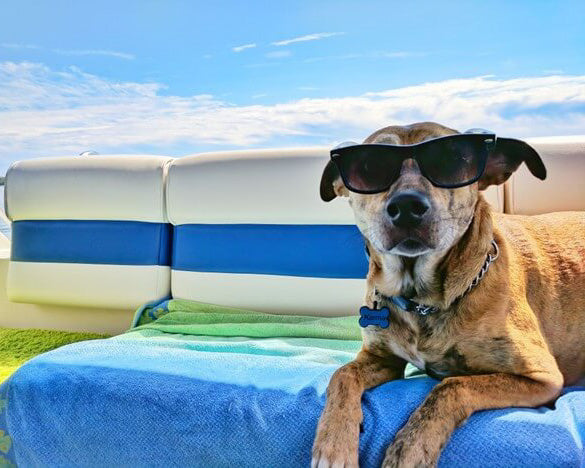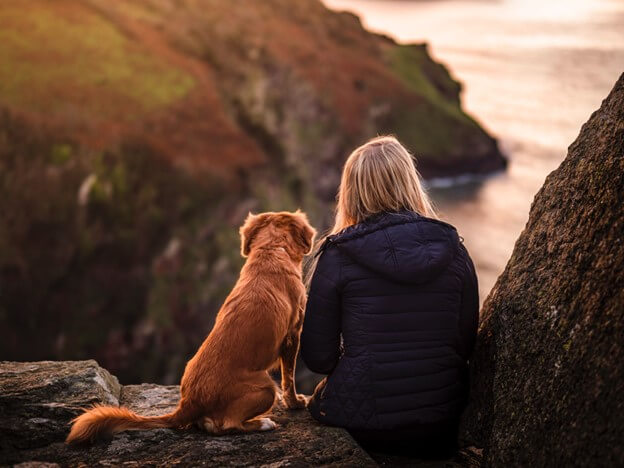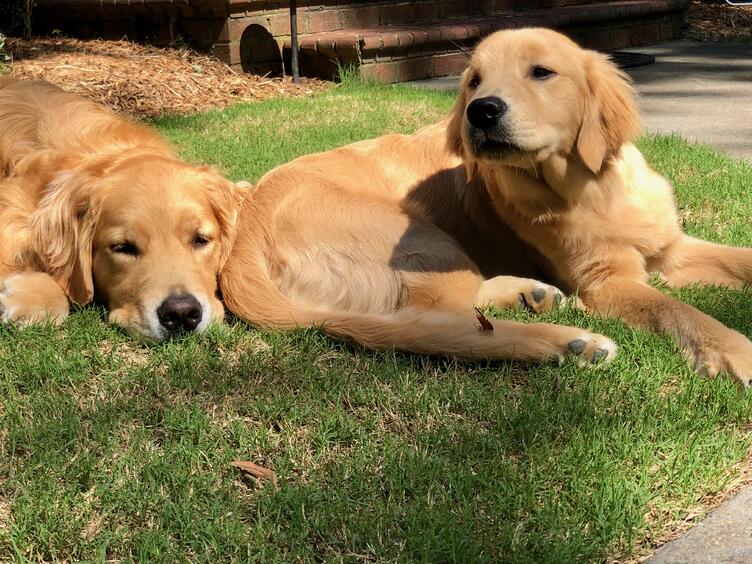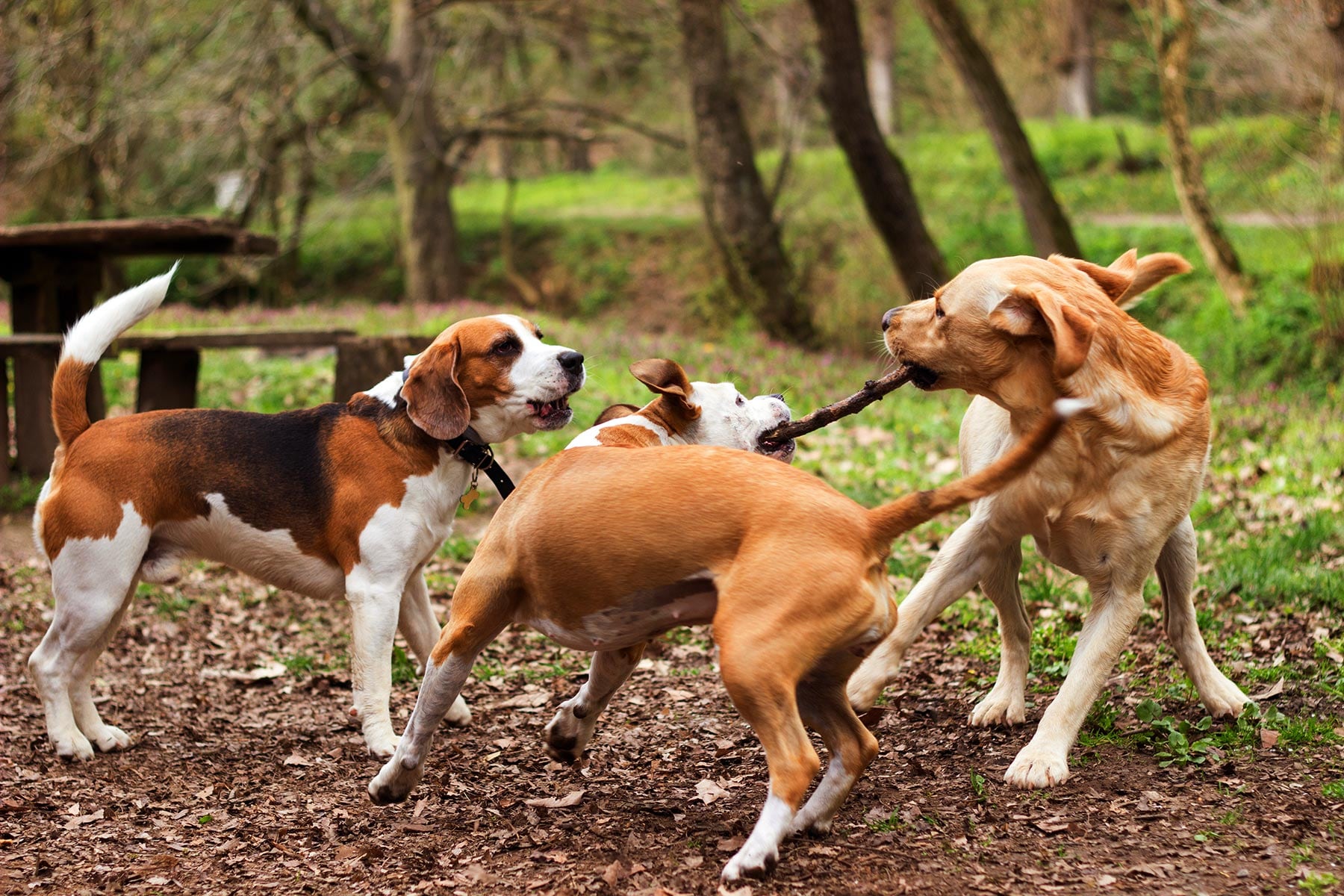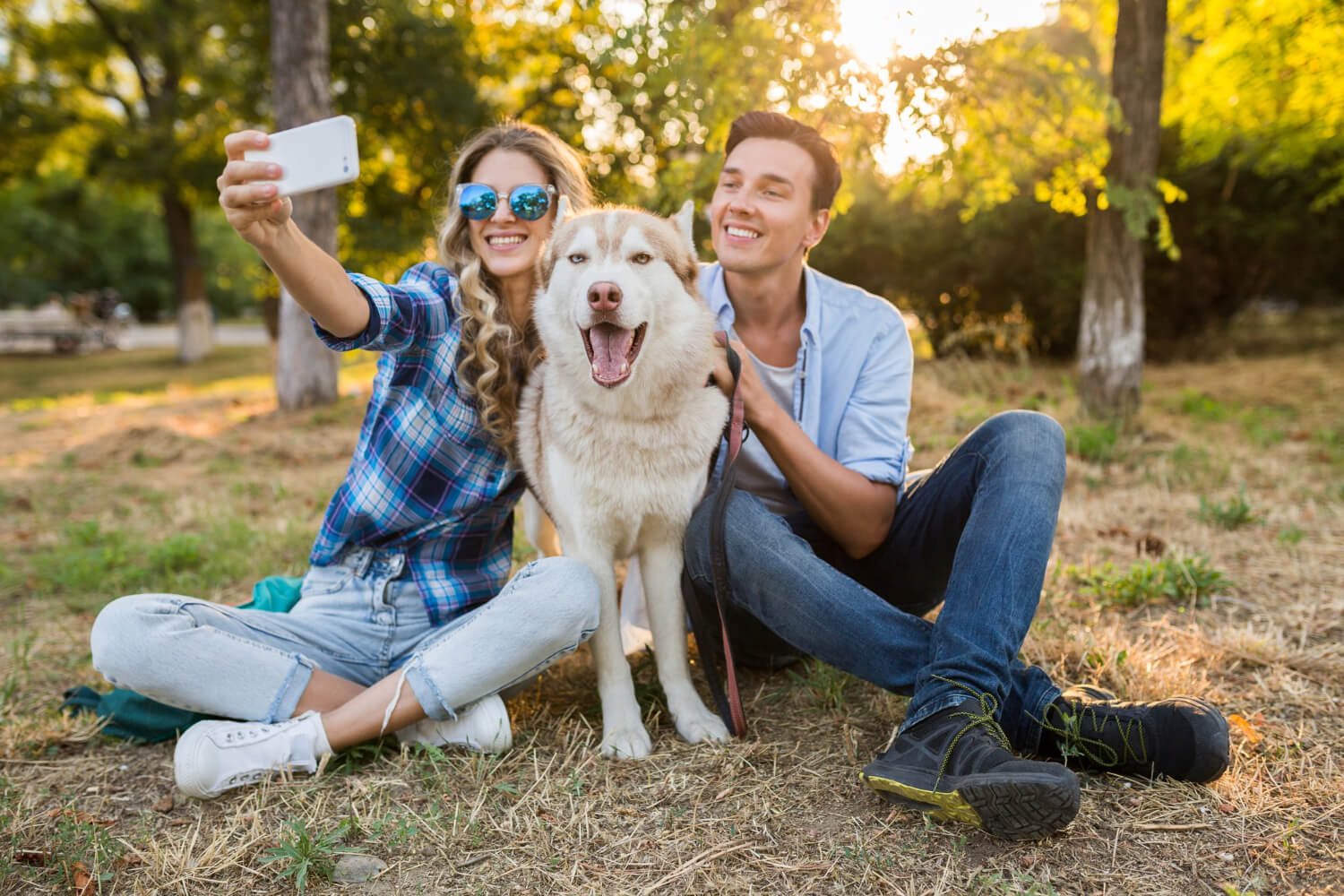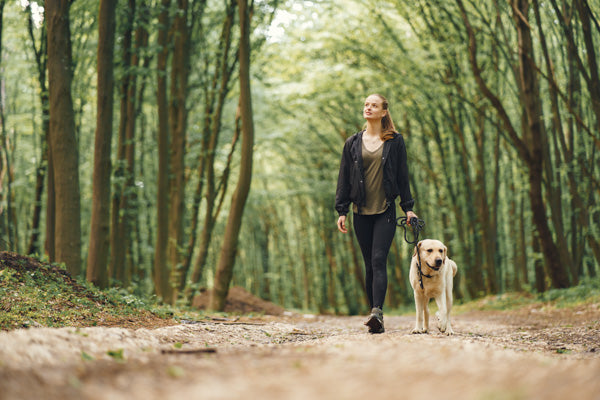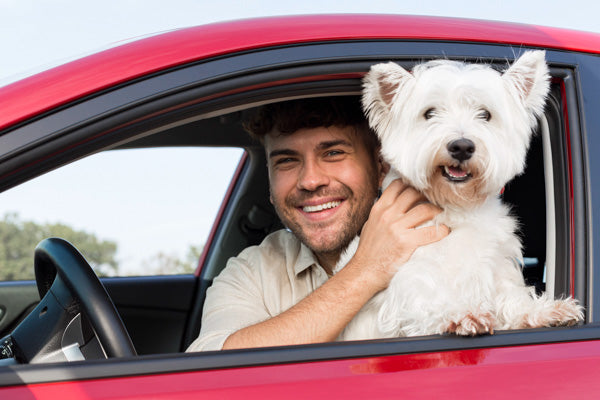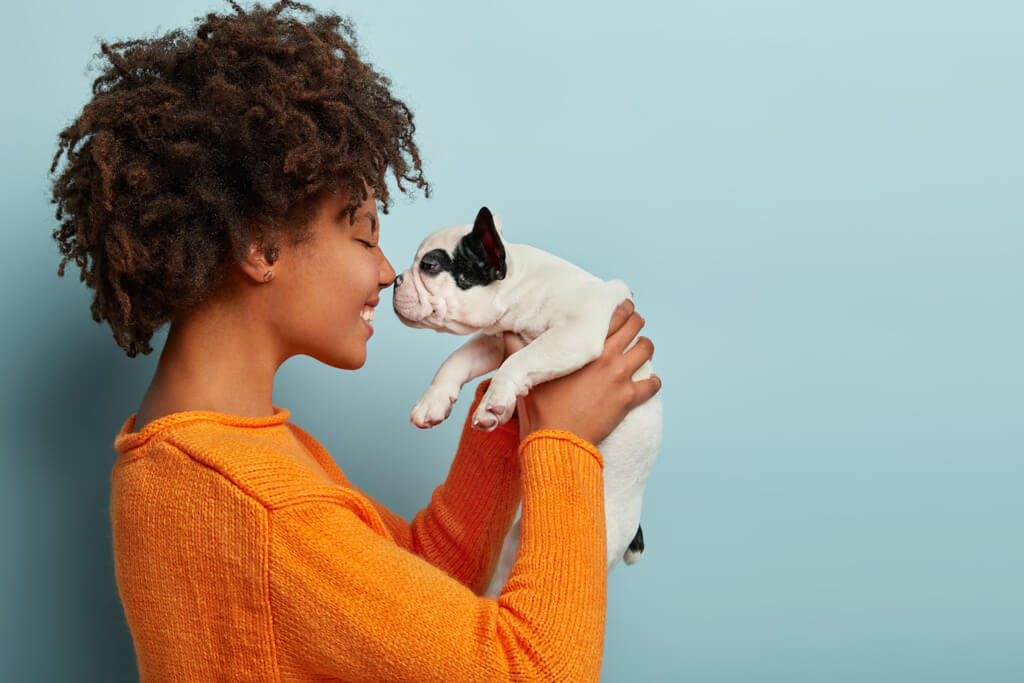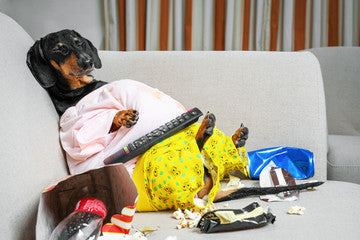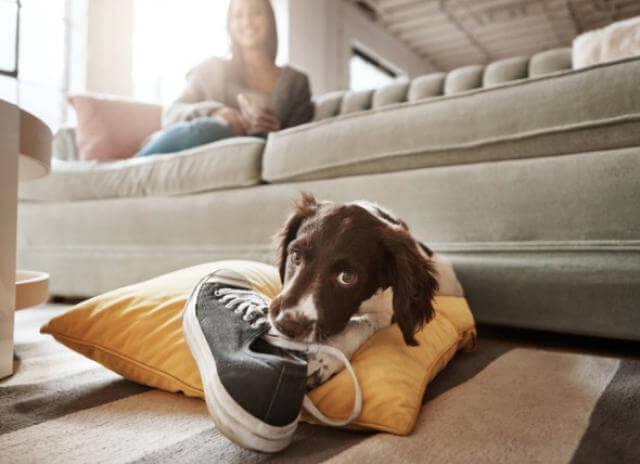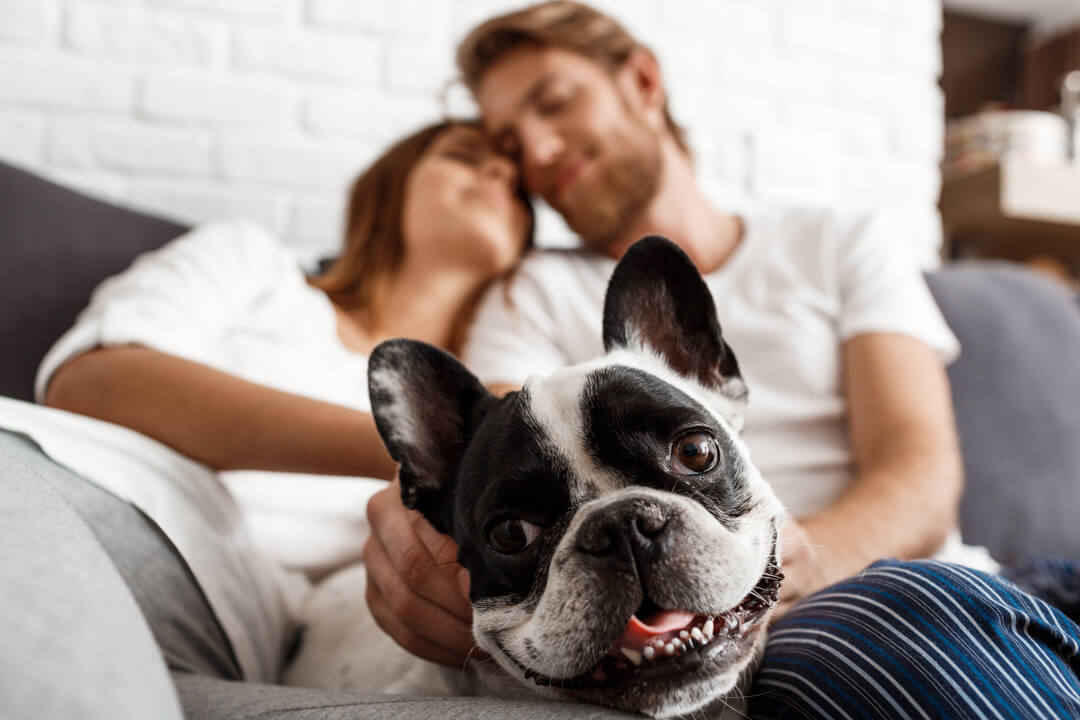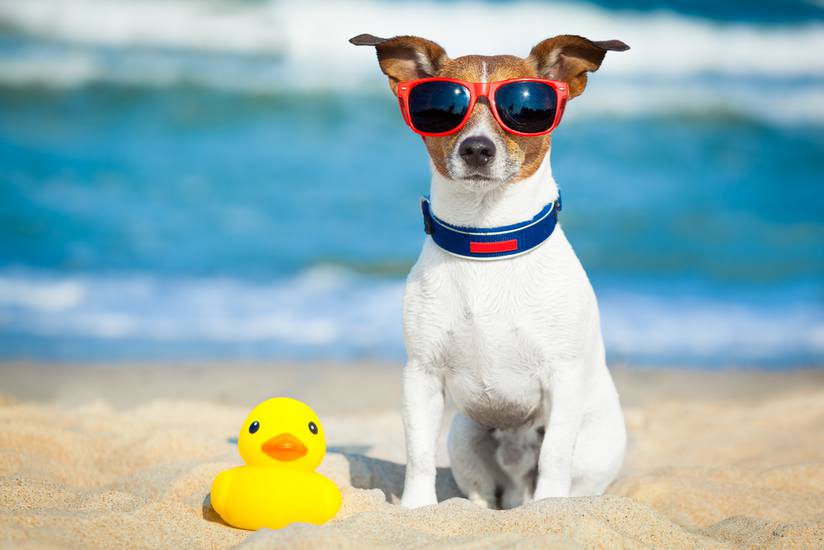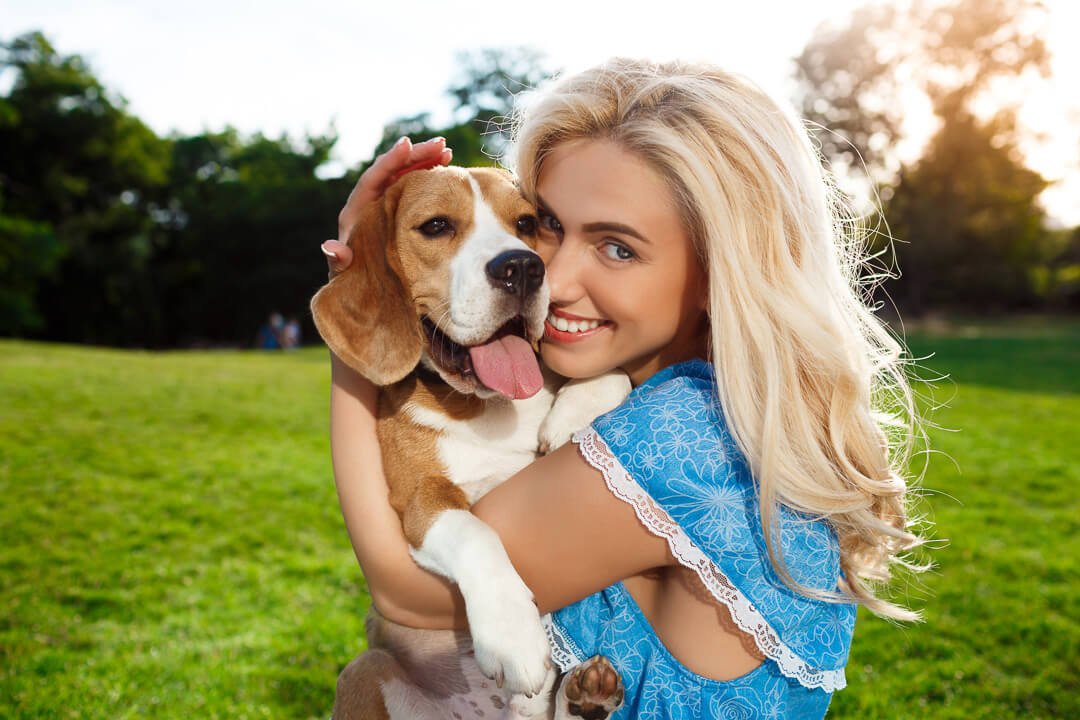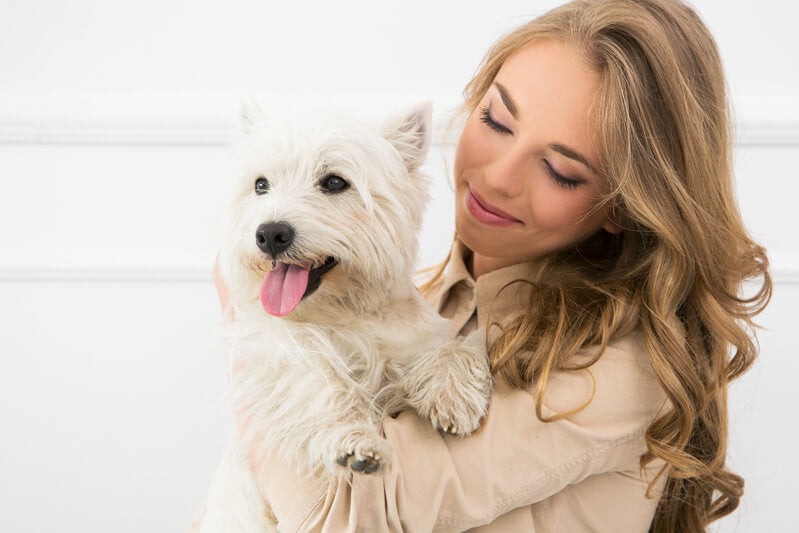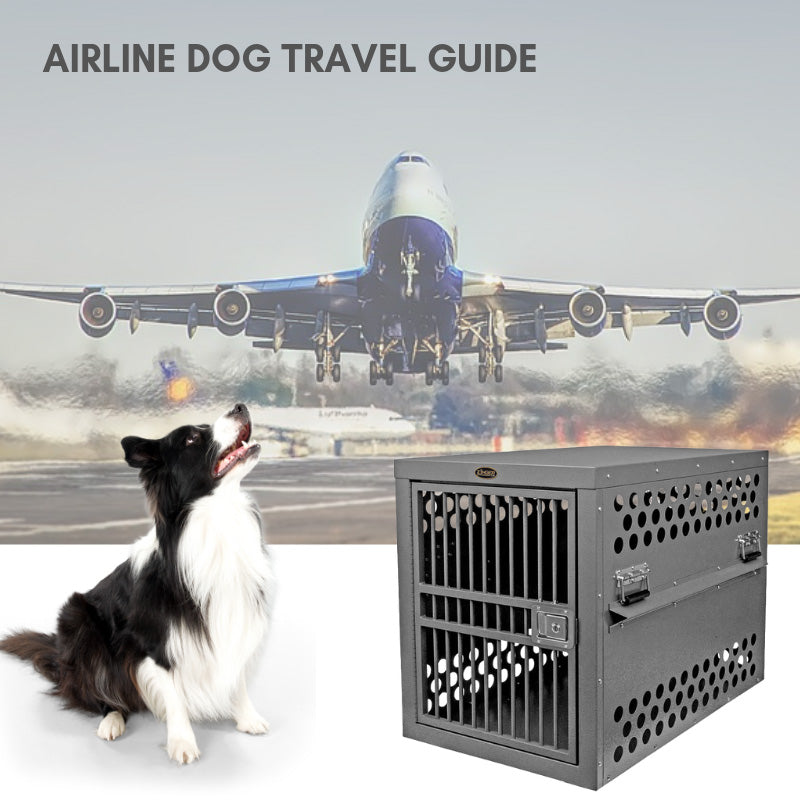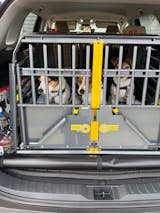
How to House Train Your Puppy - Do's and Don'ts

With new puppy ownership comes the great joy of potty training. This process can be challenging for many, so gather up your patience and mentally prepare yourself for some challenges. It won’t be easy, but soon you’ll glad you did it when your little puppy is potty trained and not making any accidents.
When To Start
House training should start at the age of 12 - 16 weeks, or as soon as you bring your pup home, and it takes about 4-6 months (in some cases up to 12 months depending on the breed) to finish the whole process. Puppies can hold it nearly 1 hour per month age (every 2 hours if they are 2 months old, 3 hours if they are 3 months old, etc), and because of that they need constant supervision, but this should give you a general idea of what to expect for potty breaks.
*Keep in mind that smaller breeds have smaller bladders so they may have to go more often.
Create a Simple Schedule
During the training, your main goal is to create a pattern, so the pup understands what you're trying to teach it. Make a schedule and try to stick to it as much as possible for the first few weeks. For example, the schedule could be: feed, play, go outside and then let the dog rest. Scheduling some rest or nap time (just like children) at nearly the same time every day can be very beneficial.
Some recommended times to take your dog out for a potty break:
- Once an hour (if possible)
- Every time your puppy wakes up
- After playing
- After eating
Keep Them Close
While your puppy is indoor, it is critical to stay close to them and be watchful! At this time of the training, it is important to give quick feedback so they can begin to understand what you want from them. Do NOT leave them alone indoors, as you will certainly not be happy with the result. You’ll need to stay very close for a few weeks until they have completed the process
Leashes in Doors – this has become more popular in recent years because of the great success it has with house training. Keeping your small puppy on a leash with you indoors allows you to always been near and keep an eye on him at all time. The puppy will not be able to sneak off without you knowing. This can be hard for some to do, but if you can manage this, even for a few weeks, it’s found to be one of the best methods for quick house training of your new puppy.
Gates – help to keep your puppy in a smaller environment inside your home and limit the number of places that they can sneak off to and make a mess. During this time it is important for you to keep an eye on them as much as possible. Continue to use the schedule and begin to teach them that outside is the place to go for potty. If you choose, you can use pads in the gated area; you puppy will likely gravitate toward the pads, as they do you can remove them slowly until you reduce the area they potty on to 1-2 pads. If you see them not using the pads, add more pads back and let them get more comfortable peeing on the pads before you remove them.
Crates – this is a good option to use when you are not able to supervise your puppy. The crate should be big enough for the dog to stand up and turn around, but not too big. Dogs will not urinate in the same place they sleep and eat, and because the crate is so small, they will instinctually try to hold it. But as mentioned earlier in the article, little puppies cannot hold it very long so give them lots of opportunities to take potty breaks when they are in there.
Please keep in mind that this may seem overwhelming to the puppy; it’s all new to them. So do not to force your dog into the crate, they should like the environment and not be scared of the crate. At first, leave it open and reward the dog for going inside. Turn this into small sessions or a game- take puppy steps; rather than just leaving a scared puppy inside with you nowhere to be seen.
It’s not recommended to use beddings at first, choose a crate with a flat surface. After some time you can put a towel in. It's less likely for the puppy to pee on the plastic surface, but it may happen. If your dog does have multiple accidents on the plastic, the crate may be bigger than needed or you may be leaving the puppy inside for too long. Keeping in mind that puppies cannot hold it very long (as we discussed above), so make sure they are getting the breaks they need. At night try to keep the crate near your bed, they will need to have a few breaks during the night so you’ll want to be close so you can hear them when it’s time.
If you are going to use a crate, please remember to always have fresh water inside the crate.
Going outside also requires supervision- even if you have an enclosed yard, watch your puppy! Young dogs get easily distracted by sound or some moving objects. Try to separate play and investigating time from potty time. To make it easy for the puppy to understand when it's time to go, you should take them to the same place every time. When you get to this particular place, hold them on the leash and do not interrupt your pup. Let them sniff around for a couple of minutes. Your dog may not go every time, and that is ok, but you should be consistent. Most of all take your time, don’t push them too hard. Before long, they will get it.
Remember always to reward a puppy when he goes in the right place! Treats and rewards can be the key to the training and will really help with the process. Find a small treat or reward that your puppy likes. Each puppy has its own personality, so take some time to understand what they like and what drives them. You’ll know when you find it. We have a labrador, and she’ll do ANYTHING for food, so that was easy for us, a simple piece of dog food was all it took.
What about Accidents?
They will happen; there’s no way around it. When they do, do NOT punish them, it would be the same as punishing infants for not being able to hold it. You can try to avoid this by catching the puppy when it happens, and immediately pick them up and quickly carry them to the place outside. If they will, let them finish their business there. If they do finish outside, give them a treat. This is why keeping them close is so important. As you continue to do this they will begin to understand, likey faster than you expect.
If you find an accident after it has happened - there is no point to punish them, puppies will not understand what they are being punished for. So don’t stick the puppies nose in its pee, it will not help.
You Can Do This
Potty training your new puppy can be hard; there is no way around it. Remember to be consistent, be patient. Reward your dog with a lot of treats for doing it right, and then do it again. Before you know it you’ll have a wonderfully trained dog and years of clean enjoyment with him or her.
- Apr 10, 2019
- in Pet Blog
